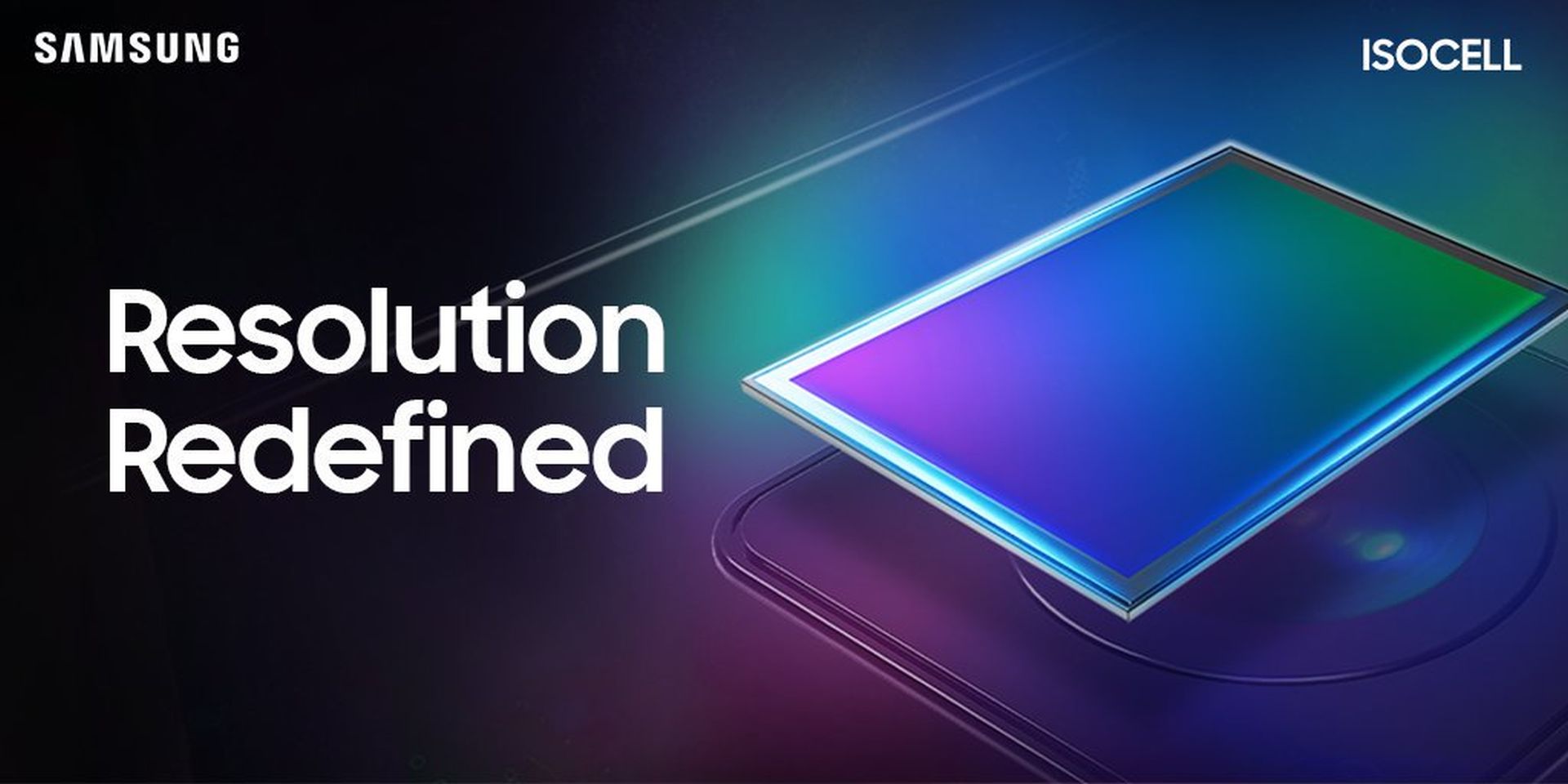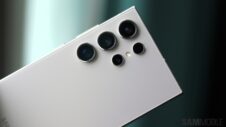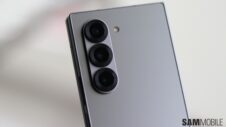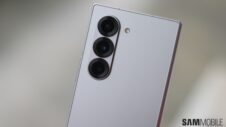Samsung has been making great strides towards larger camera sensors with ultra-high resolutions. Last year, the company announced 64MP image sensor modules for smartphones and then unveiled its flagship 108MP camera sensor, which is used int he recently-launched Galaxy S20 Ultra. Now, the company says that it has bigger plans in the field of image sensors.
Yongin Park, EVP, Head of Sensor Business Team, System LSI Business, said in an article published on the company's website that human eyes are said to match a resolution of around 500MP. In comparison, most modern DSLR cameras and smartphones offer 40MP and 12MP sensors, respectively, and that the industry has a long way to go before it can match the capabilities of human eyes. To that end, the company is planning to develop camera sensors that have resolutions of as high as 600MP.
While it is tricky to create a balance between resolution and pixel size, as smaller pixels can reduce image quality, the company has been developing advances pixel binning technologies. Its 64MP sensors use 2×2 pixel binning, while its 108MP sensors use 3×3 pixel binning to increase light absorption and mitigate issues related to low-light conditions. Similar technologies will be used in the company's upcoming ultra-high-resolution camera sensors.
Samsung is also developing camera sensors for autonomous vehicles and drones
Park said that most cameras available today can only take images that are visible to the human eye (wavelengths between 450nm and 750nm), and sensors that can detect light wavelengths outside of that range are hard to come by. Image sensors that can perceive ultraviolet light and infrared waves can be used to benefit a wide range of areas, including agricultural and medical fields.
Image sensors with ultraviolet light perception can be used for diagnosing skin cancer, while infrared camera sensors could help in quality control in industrial use cases. Samsung's Systems LSI business, which develops image sensors, is also looking to create sensors that can register smells and tastes.
While the most popular use case of high-resolution sensors has recently been the field of smartphones, Samsung says that it is looking to provide camera sensors for autonomous vehicles, drones, and other IoT (Internet of Things) devices. The company's aim to develop 600MP camera sensors might not be for smartphones, but other devices such as smart cars. It is being rumored that Samsung is planning to launch a 150MP Nonacell camera sensor for smartphones.






